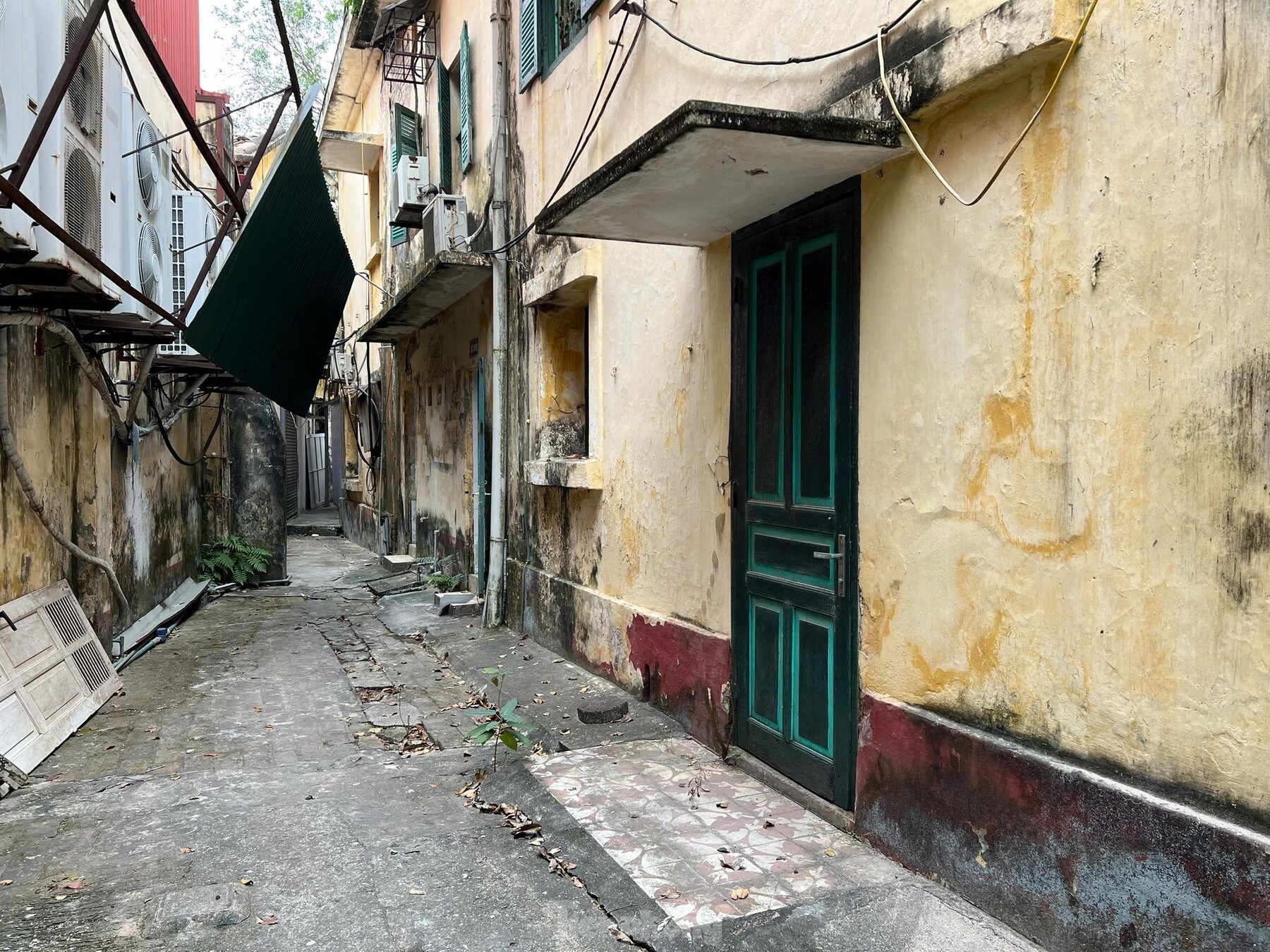The Chairman of the Vietnam Cinema Association, Do Lenh Hung Tu, summarized numerous challenges facing Vietnamese cinema in 2024, including the disheartening situation at the Vietnam Feature Film Studio following its privatization.
Bitterness lingers at the Vietnam Feature Film Studio

Speaking during an end-of-year conference, Chairman Do Lenh Hung Tu highlighted the polarized state of Vietnamese cinema.
He noted that state-run film productions focus on “political tasks,” while the private sector predominantly produces commercial and entertainment-oriented films.
Additionally, there is a budding emergence of independent filmmakers and young directors exploring auteur-driven, experimental works.
To support this diversity, the amended Film Law of 2022 established the Film Development Fund, intended to encourage young talent, debut films, and auteur-driven projects with international potential.
However, the Chairman lamented the fact that the fund remains non-operational two years after its approval.
He proposed allocating part of the increased tax revenue from the newly amended VAT law, which doubled taxes on film production, import, distribution, and screening, to activate the fund.
The decline of a national icon
The Vietnam Feature Film Studio, once a leader in revolutionary cinema, has fallen into disrepair following its privatization.
“It is heartbreaking to see this iconic institution reduced to ruins. Most of its artists and employees are now jobless and without salaries,” Do Lenh Hung Tu stated.
Years of inactivity have not only squandered the studio’s economic potential but also eroded the creative capacity of its filmmakers.
The Chairman expressed hope for a “legal and practical resolution” to the current deadlock, enabling the studio’s employees to return to meaningful work.
Broader cultural concerns
In the broader field of literature and the arts, writer Nguyen Binh Phuong emphasized the importance of cultural works reflecting the nation’s life and destiny.
He advocated for the establishment of a National Institute of Literary Translation to promote Vietnamese literature globally, contributing to Vietnam’s cultural industries.
Meanwhile, Do Hong Quan, Chairman of the Vietnam Union of Literature and Arts Associations, praised the artistic community's contributions over the past 76 years but acknowledged shortcomings.
“There is a glaring absence of monumental works capturing the spirit of the times,” he said.
Influenced by market forces and foreign cultural products, some artists pursue superficial trends, diluting the nation’s cultural identity.
He also expressed concern about the lack of a strong successor generation to sustain Vietnam’s artistic heritage.
Proposals for improvement
Chairman Do Hong Quan called for mechanisms to support creative activities, including financial incentives, improved remuneration policies, and assistance with the publication and promotion of artistic works.
These measures, he stressed, are vital to addressing the financial struggles and limited opportunities faced by artists.
The issues outlined by the two chairmen underscore the urgent need for reforms to reinvigorate Vietnam’s cultural and artistic sectors while preserving its unique heritage.
Tien Phong